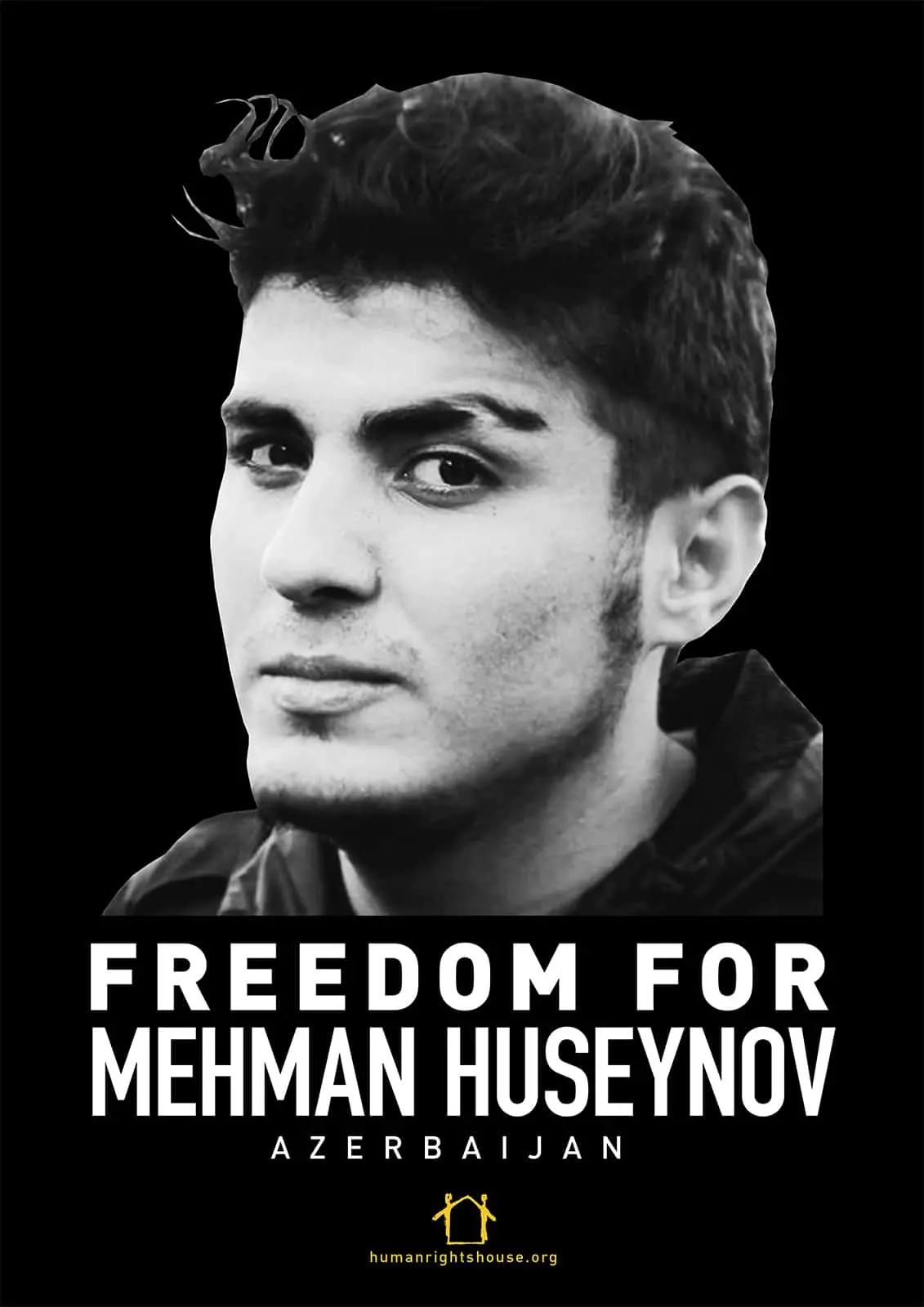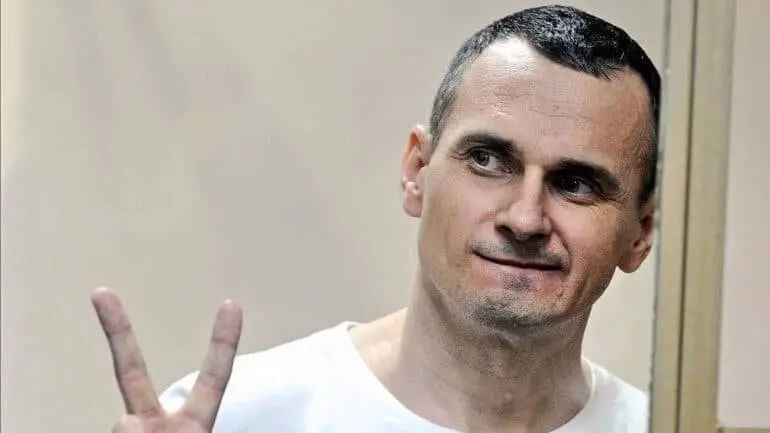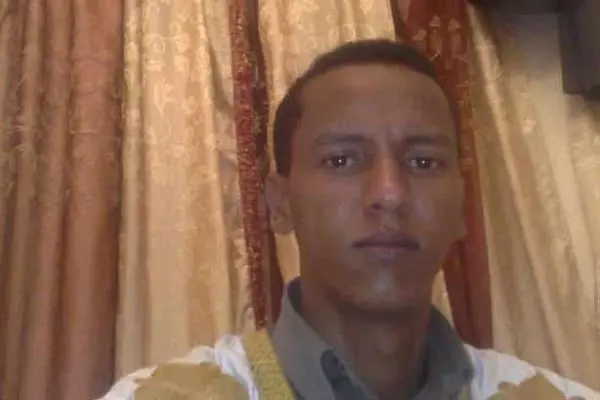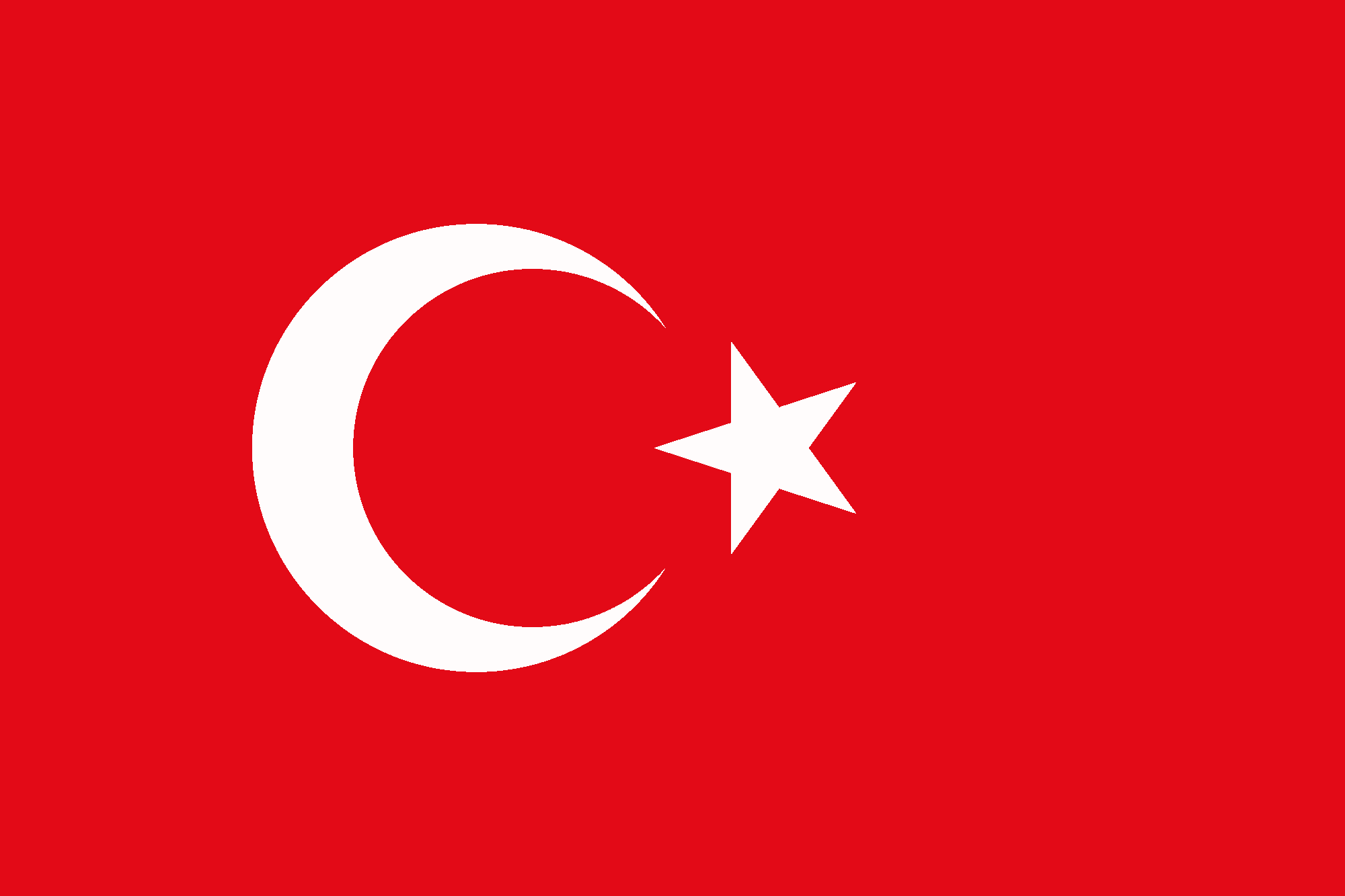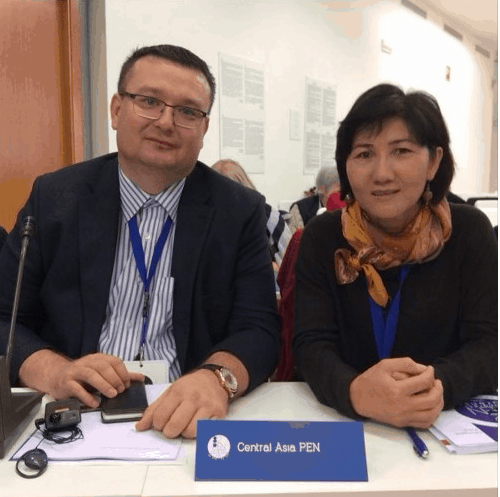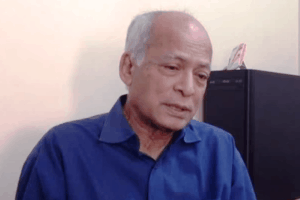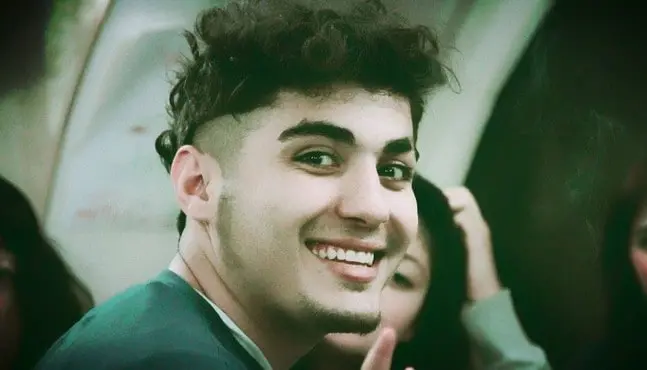Young people in Russia don’t watch television anymore. Television isn’t where the action is. Whereas generations of Russians before them devoted countless hours to the TV set, depending on their programs for entertainment, culture, and news, the home base for Generation Z—those born from the mid-1990s to the early 2000s—is the internet.
This internet coup has led to a slow but sure change in the behavior of today’s youth, the first true digital natives. In Russia the change slammed into the headlines this March, when young people showed up in droves to attend the largest protests in Russia in five years, coordinated—for the most part without legal authorization—in 99 cities across the country. These rallies were organized online and gained traction through a massively popular YouTube video made by Alexei Navalny—the besieged possible opposition candidate to President Vladimir Putin in next year’s election—outlining charges of corruption against Prime Minister Dmitry Medvedev. It was viewed more than 13 million times in three weeks, contributing to the rallies’ large turnout. When confronted with the numbers of young people attending these rallies, Kremlin spokesman Dmitry Peskov tried to discredit them by making the now-familiar claim that they were paid protesters. But this didn’t change the facts: Young people came together to speak out against corruption, and they did this because of information they accessed on the internet.
Authorities in Russia did not bargain for this new and unsettling information-seeking habit, and they do not understand it. The Russian government’s initial dismissal of the internet as a political threat was challenged by the online coordination of anti-government protests five years ago, after which the Duma began passing a string of laws limiting expression. Blocking certain online content (including access to sites with information on prospective protests), requiring popular bloggers to register with the state, and banning LinkedIn have been part of a grand strategy to make the internet smaller and more manageable.
These measures are still not enough for the Russian government, however, and a bill proposed last month would limit freedom of expression even further by prohibiting users from registering under pseudonyms on social media sites, forbidding children younger than 14 from registering at all, increasing punishment for online calls to unsanctioned actions, and creating a special agency to monitor social networks, among other things.
For the past five years, the Russian government has been doing its best to rein in the wild western internet, and it has been causing the opposition plenty of grief. A report by the international human rights group Agora in 2016 diagnosed the Russian internet as being under “martial law,” with over 47 Russian citizens sentenced to prison for online posts in the previous two years (including Alexey Kungurov and Andrey Bubeev) and at least 97 legislative initiatives to regulate the internet announced and approved in 2016 alone (compared to only five in 2011). In addition to direct legislative methods, Russia pioneered the now-widespread fake news phenomenon and tactic of paying bloggers to flood the internet with pro-government stories and support.
Putin, who painstakingly brought television networks under state control when he first took office over a decade ago, thus gaining a veritable monopoly on the knowledge and opinions of his fellow citizens, now has to come to terms with the new way of the world. The older audience is still hooked on state TV, but that’s not enough for Generation Z. Al Jazeera argues that Gen Z’s very psychology is different because of the internet. Being told the “truth” by television news anchors was enough for older generations, but digital natives don’t feel they have to simply accept what is told to them. And though the Kremlin has taken steps to control the flow of information online through popular news sites, more traditional news outlets are being outpaced by the far-less-controllable social networks and YouTube.
At an unprecedented rate, young people in Russia can now search out what is interesting and important to them via numerous sources. As evidenced by the March 26 rallies, young people are questioning authority, communicating with people all over their country and all over the world, and, as noted by The Moscow Times, they aren’t afraid of speaking up. Young Generation Z has grown up in a time when information about anything in the world is available online, and having experienced that freedom, they are not letting go of it that easily.
This is becoming especially clear in classrooms across the country, where students—nurtured by the internet in the art of questioning—have been poking at flaws in their teachers’ reasoning and recognizing and debating propaganda. Universities, which generally encourage new generations of free thinkers in the West, are experiencing growing pains in Russia: Students are ready to think, but professors, long accustomed to absolute agreement and obedience, become confused and defensive when challenged. At Tomsk State University in Siberia, a history professor addressed the March 26 protests in class, dressing down students for participating and suggesting they find other sources of income. The conversation was recorded by a student:
Professor: Liberals hinder the development of man as a species. They impede human progress. Thanks to pluralism they lower man to the level of animals. What has just happened? Everyone is trying to be equal to America. We have seen terrible moral degradation as a result of so-called liberalization, no one denies it. But by virtue of their idiocy and their sense of exclusivity, liberals don’t see this terrible degradation of the younger generation. I am able to compare thanks to my age but, of course, you don’t trust us because you look at the world through a liberal lens. This is the terrible destructive power of liberalism. Think about what you stand for!
Student: I know what I stand for.
Professor: For the degradation of man as a species. Prepare to be accountable not to the people, dear liberals, but to the Lord.
Student: Even better. [Laughter.]
When students stopped listening and their comments and laughter became louder and louder, the professor became even more angry: “Shut your mouth! You’ll express your emotions later! I’m older and more experienced than you! What do you want? Freedom? You, sub-humans? Liberalism is the freedom of sub-humans when cattle is made equal to a human being of high morality. This is the danger of liberalism.”
Similar stories have popped up in Rostov, Bryansk, and even at the State Tchaikovsky Conservatory in Moscow, where “Fundamentals of the State Cultural Policy of the Russian Federation” is now a required course. An instructor at the conservatory prepared a list of members of the so-called Fifth Column, “enemies of Russia,” comprising mostly liberal journalists, as part of her lecture on cultural politics. She had one of her students read the list of traitors, a request that the student saw as an opportunity to troll the teacher, offering commentary and sarcastic remarks to the rest of the class to show his skepticism of the material he was reading. This incident was also recorded and became a sensation on YouTube and several media outlets; the scandal it created led the teacher to resign.
Russia is at a turning point. Television networks, which were slowly and skillfully taken over by the state, have lost their young audience; according to a Deloitte report, their ratings are falling exponentially as social networks, blogs, YouTube, and other independent online news sources continue gaining popularity. The internet regulation law now under review is dangerous for its breadth as well as for the potential of more restrictions to come. However, the already very real possibility of arrest and punishment has not stopped people from using the internet as they see fit. The youth of today cannot imagine consuming information without responding to it, which for Russia is a new defense against the state’s incursion on their freedom of expression. This may not be the end of the Putin era, but it marks an important shift in Russians’ perception of their leader and of their own civic capability and responsibility.

